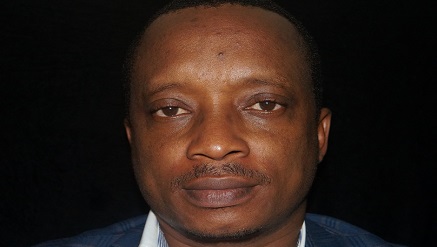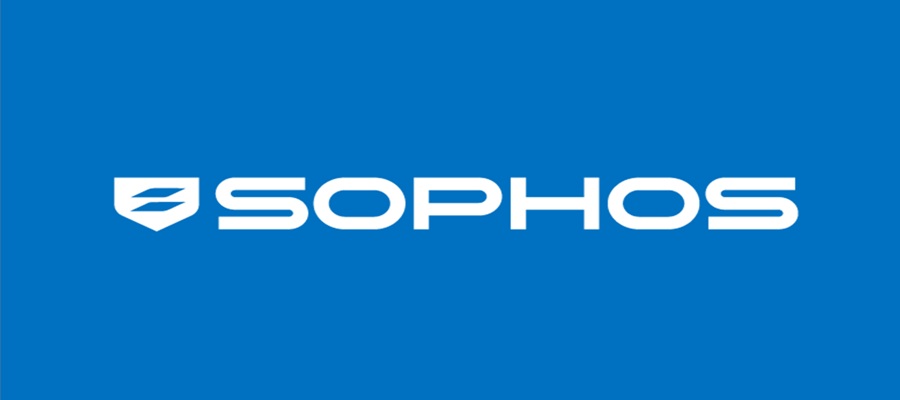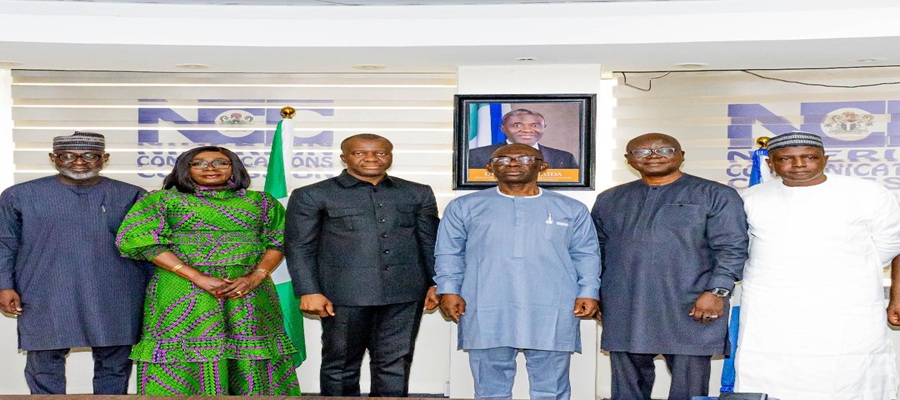Telecom
PEN 2014 to Gather Nigeria’s Largest Mobile Ecosystem

The maiden edition of Phone Expo Nigeria 2014 (PEN 2014), four unique series of co-located events scheduled to hold in Lagos, is planned to be the largest annual gathering of the Nigerian mobile ecosystem, according to the show producers.
PEN 2014, which takes place December 2-6, 2014 under the theme, “Next Frontiers of Connected Nigeria”, has been designed to become the nation’s largest marketplace of the Nigerian Mobile Ecosystem, according to the producers of the show, Technology Times Events, the conferences and events subsidiary of Technology Times Media Limited.
Mr. Shina Badaru, founder/group CEO of Technology Times, said that the PEN 2014 Show will offer an annual gathering that brings together diverse segments of the biggest market in the Nigerian economy, the vibrant mobile telephony subscribers.
The four co-located events at the PEN 2014 show will focus on four key touch points that matter to the Nigerian Mobile Marketplace: BITE: Business, Innovation, Thought Leadership and Entertainment, he said.
PEN 2014 will co-locate PEN 2014 Exhibitions, PEN 2014 Mobile App Challenge; PEN 2014 Thought Leadership Conferences and Miss PEN 2014 Pageants, to deliver maximum benefits to Show visitors, partners, sponsors and advertisers, according to Technology Times.
“We are pleased to be producing PEN 2014 with our partners to evolve the annual must-attend mobile telephony show in Nigeria that will become the flagship exhibitions and trade show catering exclusively for the mobile ecosystem”, Badaru said while formally announcing the Show plans in Lagos, Nigeria.
Badaru cited that the latest telecommunications market statistics released by the Nigerian Communications Commission (NCC) showed that by June 2014, Nigeria’s telecommunications market base has grown to 130,780,703 active telephone subscriber lines; 67,197,505 Internet users and 93.41% teledensity.
“In the course of our PEN 2014 planning, we found out that except for the freely-given gifts of nature like air, sunlight and rain, the telecommunications market today ranks top in number of customers spread across the geographically-dispersed landscape of Nigeria. The indices and indicators also point to a vibrant ecosystem that fosters innovation, job creation and overall growth within the Nigerian economy”, according to Badaru.
Over 85% of 7,500 respondents polled by Technology Times across key decision makers in industry, government, early adopters and business professionals believe that there is a need for a major show that will cater for the mobile ecosystem in Nigeria, he added.
More than 90% of respondents of the poll indicated interest to attend such an event where new technologies will be showcased and they can also learn about policies, market trends and other key drivers of the Nigerian mobile ecosystem “under one roof.”
“PEN 2014 will gather the mobile ecosystem across Nigeria, Africa and beyond to showcase, learn and share ideas about the next frontiers in technologies, innovation, solutions and services for today’s Connected Nigeria”, Badaru added.
Under the plan, no fewer than 10,000 daily attendees are expected at PEN 2014 reflecting the diversity of decision makers in industry, government, Original Device Manufacturers, Device Retailers, Mobile Network Operators, Mobile Payment Service Providers, Online Shopping Services, e-Commerce Companies, among several tiers of organisations that offer services through mobile platforms.
Also commenting, Miss Omotola Raheem, programmes manager, PEN 2014, said that the Show has been into four co-located events to cater for the diversity of the Nigerian mobile ecosystem.
“PEN 2014 attendees will come to the show for several reasons to see the latest technology, get the best education the industry has to offer and also get entertained.”
According to her, “importantly, the PEN 2014 Thought Leadership Conferences will serve as a powerful magnet for industry professionals to share ideas about market trends, policy and other issues that shape and define the mobile diversity in Nigeria.”
The PEN 2014 will hold December 2-6, 2014 on the sprawling grounds of the University of Lagos (UNILAG).
“UNILAG is already home to a population of 40,000 and has been chosen to host the maiden edition of PEN 2014 because of its central location and accessibility from all parts of Lagos, the economic capital of Nigeria and influential hub of the nation’s mobile ecosystem”, Raheem added.
Telecom
Safer Internet Day: Sophos Warns – 42% Attacks Hit Stolen Logins in 2025

Sophos, a leading provider of innovative cybersecurity solutions, shared practical advice to help internet users safeguard their credentials and maintain continuous protection online.

Sophos
According to the upcoming Sophos Active Adversary Report, compromised credentials were the leading cause of attacks (42.06%) in 2025.
This is a strong trend that continues to dominate the scene, with cyber attackers demonstrating ever-increasing ingenuity and relying on new tools to compromise the security and privacy of internet users.
John Shier, Field CISO Threat Intelligence at Sophos, said: “The way attackers are using automation and generative AI to massively increase the speed and volume of their attacks suggests that attacks will become faster and more sophisticated. The best approach to protecting our identities and digital data is to take a proactive stance on defense.”
“Criminals are increasingly targeting people rather than devices, and this trend is expected to continue and even accelerate. Once again, AI is being used as a weapon to create highly detailed phishing lures to entice people to disclose passwords or financial information through well-designed emails, text messages, and WhatsApp messages.”
1. Keep your devices up to date: the most important and simplest measure you can take to protect yourself in the long term.
Cybercriminals are constantly on the lookout for computers that don’t have all the latest security patches, making them easy targets for compromise. This includes computers, laptops, smartphones, tablets, and home Internet/Wi-Fi routers. In most cases, you just need to click “Check for Updates” or “Update Now” and allow the device to restart.
2. Use a password management tool, whether it is built into an operating system or a third-party tool.
Password uniqueness and complexity are then managed automatically, greatly facilitating account isolation and protection.
3. Enhance protection with phishing resistant (MFA).
Many websites offer the option of using an “authentication app,” a smartphone app that displays a unique code for a short period of time, which must be entered after the password, making it much more secure than simply using a password.
Better still, there is a new solution called “passkeys,” which generally uses biometric authentication on your smartphone (face scan, fingerprint) to log in without any password. This is the best choice when available.
John Shier concludes: “Criminals will never stop trying to steal from us, so we must remain vigilant. We know that they are constantly improving and becoming more skilled at deceiving us, so it’s up to us to move forward and improve our protections to stay safe.”
For more information, please visit: https://www.sophos.com
Telecom
Webb Fontaine Unveils AI Customs Revolution at WCO Abu Dhabi Summit

Webb Fontaine has launched Webb Fontaine Zerø, a groundbreaking AI-powered Customs platform, at the 2026 WCO Technology Conference in Abu Dhabi, drawing over 1,500 delegates from 100+ countries.

Webb Fontaine
CEO Alioune Ciss unveiled the LLM-based concept during the keynote, calling it a “complete reset” from legacy systems – embedding AI across operations for real-time regulatory adaptation, risk management, and trade facilitation under the theme “Customs Agility in a Complex World.”
CTO Ara Shamirzayan led panels on AI risk analytics, while GM Anicet Houngbo moderated border digitalization talks showcasing emerging market successes.
The firm’s stand hosted Zerø demos, interactive sessions, and a sponsored gala dinner, reinforcing WCO ties via SAFE Framework and PSCG contributions.
Webb Fontaine eyes global partnerships to deploy agile, future-proof Customs tech amid rising trade demands.
Telecom
NCC Committed to Regional Digital Integration – Maida


L-R – Engr. Aliyu Yusuf Aboki , Executive Secretary WATRA; Mrs Nneena Ukoa, Head Public Affairs, Nigerian Communications Commission; Hon. Clarence K. Massaquoi, Chairman Board of Commissioners, Liberia Telecommunications Authority; Kelechi Nwankwo, Director Corporate planning, strategy and Risk Management(NCC); Hon. Ben Fofana, Commissioner with oversight responsibility for Licensing and Regulation (LTA); Usman Mamman Director, Licensing & Authorization (NCC) during a courtesy visit to the Commission’s Headquarters in Abuja on 30th January, 2026.

 E-Financial3 days ago
E-Financial3 days agoEcobank Profit Jumps 29 Percent to N950Bn

 E-Financial2 days ago
E-Financial2 days agoAlawuba Advocates Security, Bankable Projects, Infrastructure Development to Promote South-East Vision

 Telecom1 day ago
Telecom1 day agoNCC Committed to Regional Digital Integration – Maida

 E-Financial1 day ago
E-Financial1 day agoCBN Expresses Concern Over Foreign Investments in Nigeria Fintechs

 General News1 day ago
General News1 day agoIndigenous Firm Deploys 400,000 Smart Electricity Meters in 2025

 E-Financial1 day ago
E-Financial1 day agoBOI Secures CBN Nod for Sharia Banking, Unlocks Ethical Funding Boom

 Telecom1 day ago
Telecom1 day agoITU Top Director Visits NITDA, Boosts Nigeria’s Digital Literacy Push

 E-Financial1 day ago
E-Financial1 day agoUBA’s Easy and Instant Account Opening Thrills Returnee

























